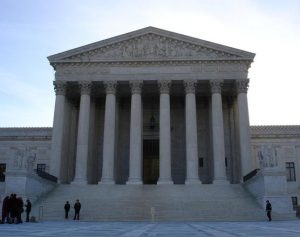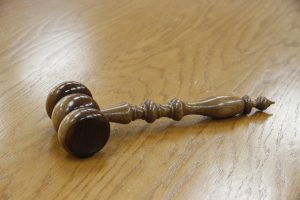
Do Police Have to Read You Your Rights?
Police have an obligation to read you your Miranda warnings before conducting a custodial interrogation. An interrogation means that the questions are designed to elicit an incriminating response. Meaning, routine questions such as what your name is, your address, and your date of birth are not considered to be interrogative. However, arrests can occur without a reading of Miranda as long as no incriminating questions are being asked of you. But, if police choose to interrogate you at any time after arresting you, your rights must be read to you before any questioning occurs.
In addition to being interrogated, you also must be in police custody in order for the Miranda laws to apply. Custody means that your freedom of action must be deprived in some way. Maine courts have traditionally held that an interrogation is custodial if a reasonable person in your shoes would have felt that he or she was not at liberty to end the interrogation and leave. Being in custody may mean that you are in handcuffs, in a police cruiser, at the police station, or other similar scenarios where you are not free to leave at your own will. But ultimately, there are many factors that are considered by courts in determining whether you were truly in police custody, which is why consulting with an attorney can be important.

 Southern Maine Criminal Lawyer Blog
Southern Maine Criminal Lawyer Blog
 New Year’s Eve is in two days. The radio and papers are full of stories of DUI checkpoints. If that doesn’t make you mad, you don’t understand DUI checkpoints.
New Year’s Eve is in two days. The radio and papers are full of stories of DUI checkpoints. If that doesn’t make you mad, you don’t understand DUI checkpoints. The second big change in
The second big change in